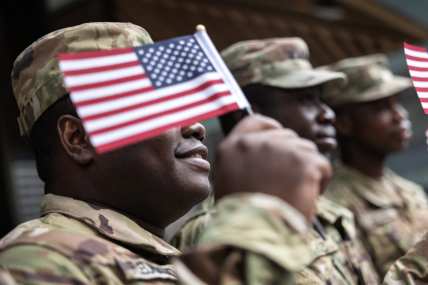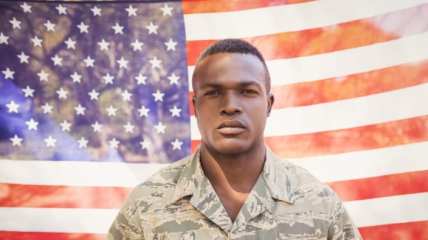Black disabled veteran files suit against the VA, claiming racial discrimination
“The VA refused to allow me to get the benefits that I was rightfully entitled to,” Marine Corps veteran Conley Monk Jr. tells theGrio.
Yale Law School’s Veterans Legal Services Clinic on Monday filed a lawsuit against the United States Department of Veterans Affairs on behalf of a disabled Black Marine veteran who claims the agency unjustifiably denied him benefits for 45 years. The lawsuit also accuses the federal agency of more broadly discriminating against Black veterans over a period of decades.
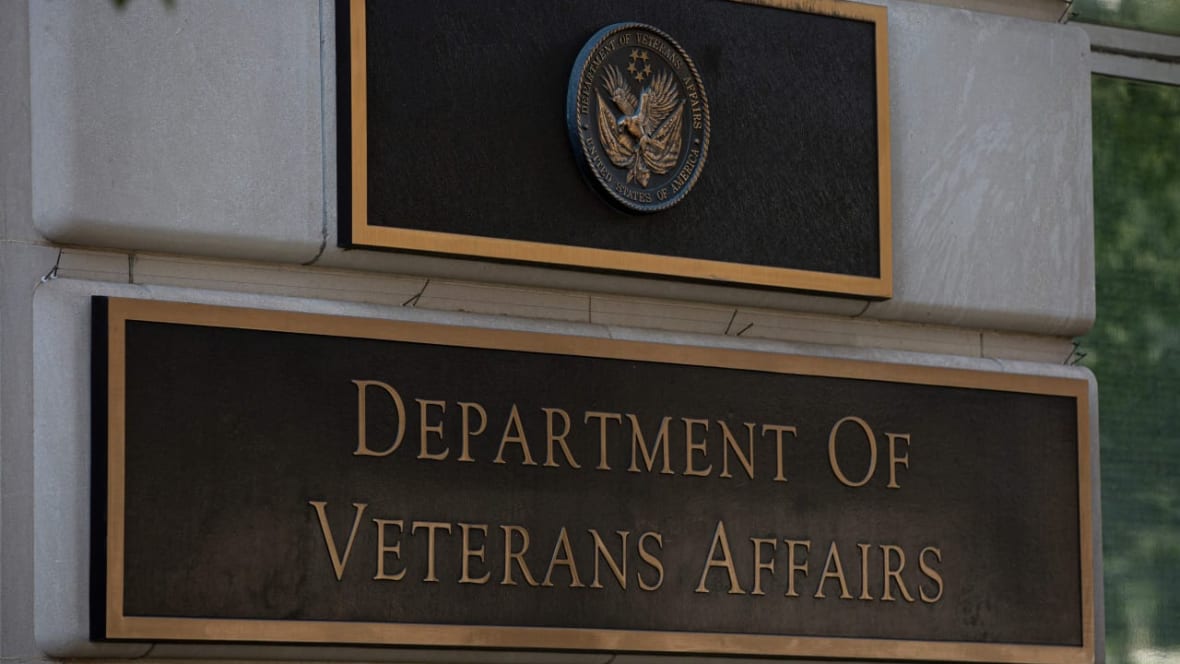
Conley Monk Jr. told theGrio, “The VA has not been too friendly with me. I mean, I didn’t feel that I was entitled to a less than honorable discharge after fighting in Vietnam. I was not drafted. I joined [the military] and the VA refused to allow me to get the benefits that I was rightfully entitled to.”
In November 1968, Monk enlisted in the military “to make a better life” for himself, but little did he know he would have to embark on a decades-long journey to gain access to his rights as a military veteran.
During his stint in the armed forces, Monk served in the Vietnam War and was then transferred to Okinawa, Japan, where he says he landed in a “little trouble.”
The Marine Corps veteran told theGrio that he got into a physical altercation with his sergeant while stationed in the East Asian country.
“When someone put their hands on me, I was ready to fight back, especially with the training that I had in the Marine Corps and the fact that I’m just leaving out of Vietnam,” he said. Monk said that after he returned to the United States in 1970, he was offered “a less than honorable discharge.”
“At that time, I just wanted to get out. So, I accepted it, and I was told that that discharge would change, which I found out wasn’t true,” he explained.
Monk believes racial disparities played a major role in why he was given a less than honorable discharge. “I know that if I was white, I would never had to wait 45 years to get my discharge upgraded. I wouldn’t have had to get it upgraded at all. Came home, went honorably, discharged.”
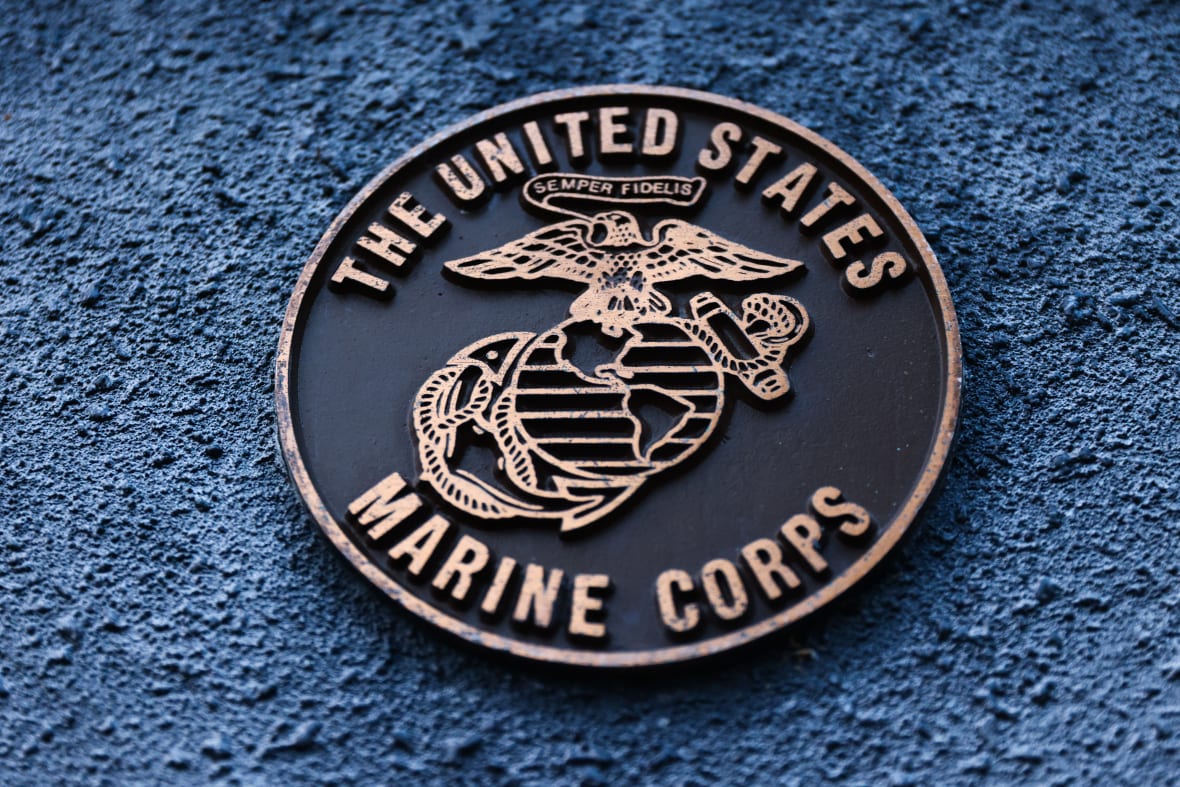
He continued, “There were other veterans that had worse charges than I did. They came back with honorable discharge, but I came back with a less than honorable discharge. So did so many other Black veterans.”
Monk also claims he was one of hundreds of thousands of Black veterans who were less than honorably discharged following the Vietnam War because the military did not want to pay for their disability treatment.
He told theGrio that he developed post-traumatic stress disorder while fighting in Vietnam; however, he did not experience the effects until he returned home.
“I didn’t know anything about PTSD at that time. But, I did know whenever there was a car backfire, I would hit the ground, or if someone would come up behind me, I would turn real quick … when I went into a restaurant. I had to have my back to the wall because I was scared somebody was going to attack me,” he revealed.
“I have so many different medical problems that I think that I should have been discharged with a medical discharge under honorable conditions.”
In 2015, things began to look up for Mr. Monk when he was alerted that Yale Law School was assisting veterans who received a less than honorable discharge.
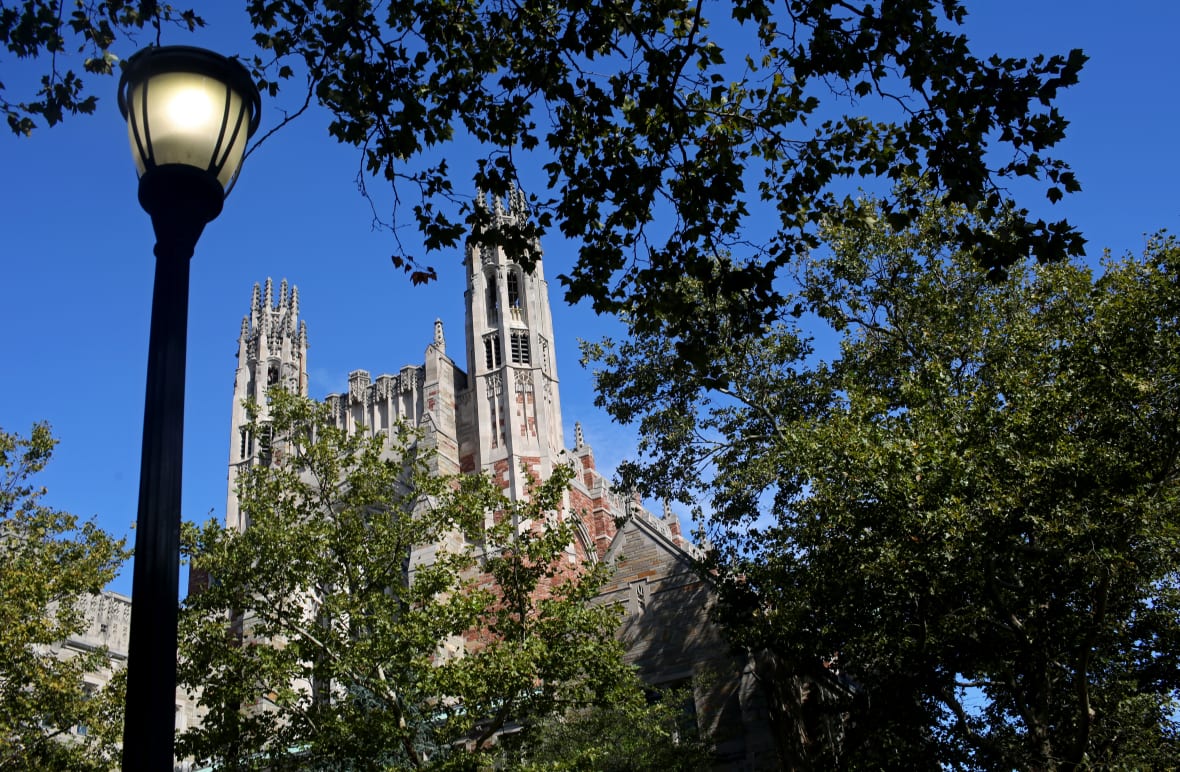
“When I went to them, they did accept me, but the problem with that was when I was utilizing their students they were providing students to help me get my discharge approved. Whenever the students graduated, they would drop me.”
But then, Mr. Monk met a student attorney named Mike, who said, “I’m going to work with you until we get a resolution for your discharge.” Monk added, “He stuck with me until my discharge was upgraded to general honorable conditions.”
Monk says that he believes he and his family are “entitled to some form of reparations” after being deprived of VA benefits that could have helped them experience a better quality of life.
He told theGrio: “I have six kids, and all of them were denied educational benefits as well as myself. I could not get my education from the VA…I had to get a student loan” to attend college and “I was unable to get homeowners loans. A loan which all my older veteran friends and colleagues was able to get.”
Adam Henderson, Monk’s attorney, is hopeful that he will be awarded compensation for being mistreated by “a racially discriminatory system” and that other veterans will “finally have the legal pathway to challenge this system.”
He added, “This is not just something that was in the past. These discrepancies in the data are continuing up to [the] present day. So not only will Mr. Monk get his relief and not only will veterans have a legal pathway to challenge the system, I’m hoping that finally, the VA will reckon with these discriminatory things that are going on.”
Henderson told theGrio that it is uncertain how long it will be before a judge renders a judgment in Monk’s case.
“It could be resolved quickly, or it could be resolved over the course of a couple of years … I don’t want to make a firm prediction because you never know how litigation goes,” he cautioned.
The Department of Veterans Affairs has not directly responded to the lawsuit. However, press secretary Terrence Hayes said in a statement to The Washington Post that the department is working to combat “institutional racism.”
TheGrio is FREE on your TV via Apple TV, Amazon Fire, Roku and Android TV. Also, please download theGrio mobile apps today!
More About:Politics
